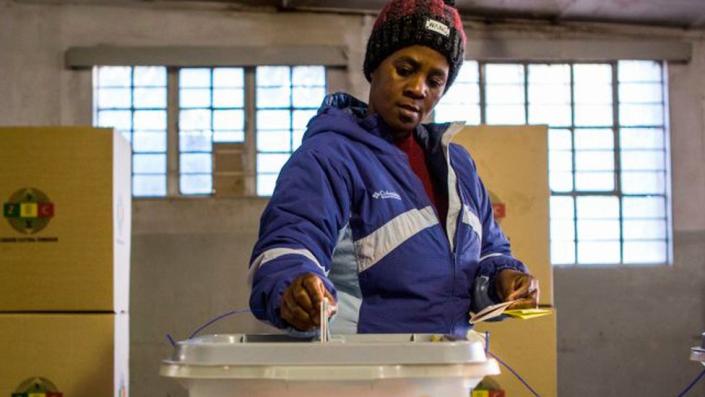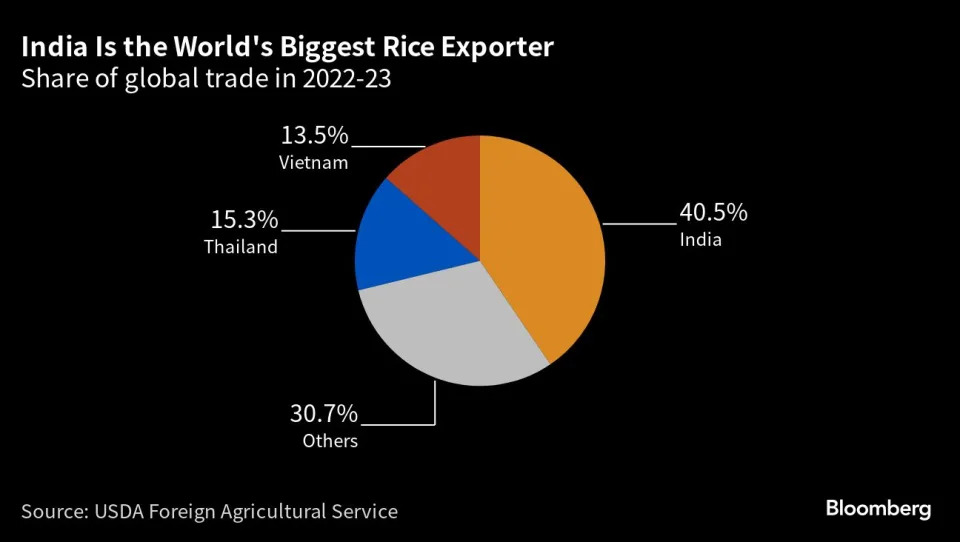Harriet Barber
Fri, July 14, 2023

This year, an estimated 11,600 children have made the dangerous crossing
An average of 11 children drown every week when attempting to cross the Mediterranean, according to new data from the United Nations.
The findings lay bare the tragic scale of the mounting refugee crisis in Europe, which last month left an estimated 100 children dead after a fishing boat sank off southern Greece.
This year, an estimated 11,600 children have made the dangerous crossing and an estimated 289 died or disappeared, according to Unicef, the UN’s branch for children.
Since 2018, 1,500 children have died or gone missing, the agency added.
Organised smuggling gangs charge thousands of pounds for the crossing, forcing hundreds of migrants onto run-down and unsafe boats, often before taking the engines away and leaving the vessels to drift.
Lisa Ward, an NHS paramedic who has worked on rescue boats in the Mediterranean, has witnessed first-hand the consequences of this exploitation.
“There are many, many babies, and children under three or four,” she said. “In one rescue I had three drowned toddlers brought to me in half an hour. I managed to get one breathing but I couldn’t sustain it. They all died. There were probably more [in the water]. The mothers were looking for their children.”

Hundreds of migrants are often forced onto run-down and unsafe boats
Many shipwrecks on the Central Mediterranean Sea crossing leave no survivors or go unrecorded, making the true number of child casualties impossible to verify and likely much higher.
The majority of children depart from Libya and Tunisia, having already travelled from countries across Africa and the Middle East.
“Some of the children would have marks on them for torture; electric burns,” Ms Ward said. “Some would have urine burns, where people had urinated on the boat and the children had been sitting in it for days.
“On one rescue, the boat listed and everyone went into the water. Most of these people can’t swim. Male adults were taking life jackets off the children.”
‘Tackle trafficking and smuggling networks’
The UN said a huge proportion of the children that make the journey across the Mediterranean do so by themselves.
In the first three months of 2023, some 3,300 children – 71 per cent of all children arriving to Europe via this route – were recorded as unaccompanied or separated from parents.
Girls travelling alone are especially vulnerable and “likely” to experience violence, Unicef said.
“Instances of systematic rape are well known and well documented. So it is not with a light heart that we are saying these girls are facing extreme risks before, during and after their journeys,” Verena Knaus, Unicef’s global lead on migration told The Telegraph.
“In other instances, we encounter girls travelling on their own who paid the price for crossing a border with their bodies and are now bearing an unwanted child. We hear of this happening with smugglers, border guards and even those in search and rescue.”
Judith Sunderland, acting deputy director of Europe at Human Rights Watch, said “no one deserves to drown at sea but the thought of children – so many children – going under the waves is gut-wrenching.”
She said: “Each of us should think past the statistics to picture the children in our own lives facing that kind of death.”
“It’s important to tackle trafficking and smuggling networks for the real harms they cause to both children and adults, but the best way to minimise dangerous migration journeys is to create more safe and legal channels,” she added.































